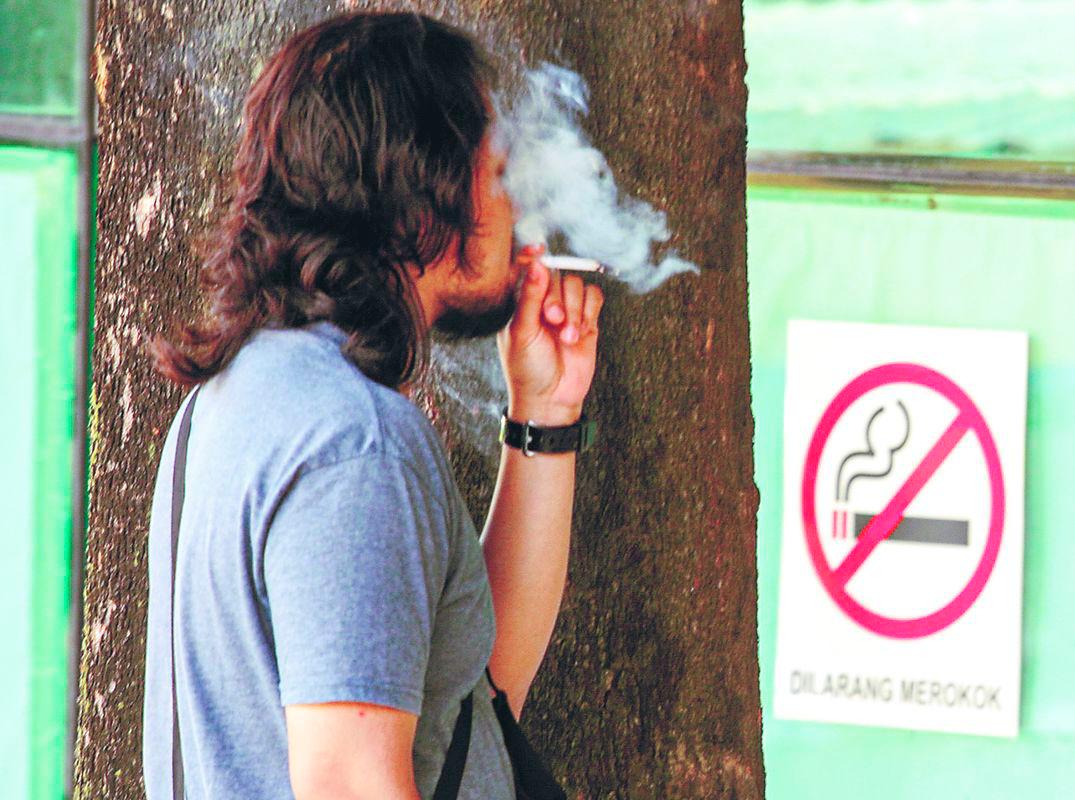BY DEEPALAKSHMI MANICKAM
PETALING JAYA: For Malaysians trying to quit smoking, the battle does not end with stubbing out the final cigarette. In fact, that is only the beginning.
Without proper aftercare, powerful withdrawal symptoms and daily triggers could pull even the most determined quitters back into nicotine addiction within days.
National Cancer Society Malaysia (NCSM) managing director Dr Murallitharan M. said common withdrawal symptoms could overwhelm quitters.
“These include cravings for cigarettes, insomnia, fatigue, irritability, anxiety, depressed mood, impatience, hunger and difficulty concentrating,” he said, adding that such symptoms could increase the probability of relapse and lower motivation.
“These issues could disrupt daily functioning, strain personal relationships and even impact career prospects, while a relapse continues the financial burden.”
Murallitharan said nicotine replacement therapies (NRT), such as nicotine patches, gums and sprays, help reduce the withdrawal effects by delivering nicotine safely.
“Evidence shows that all forms of NRT increase the chances of a successful quit attempt by 50% to 70%,” he said, recommending consistent daily use for at least three months.
However, medication alone is not sufficient.
“Many quit-smoking attempts fail because of intense withdrawal symptoms, deeply ingrained habits, strong environmental triggers like peer pressure and the use of smoking as a way to cope with stress,” he said, adding that structured aftercare is crucial in addressing such challenges.
“Counselling, support groups and consistent follow-up sustain motivation and self-efficacy,” he said, stressing the importance of developing coping strategies and managing persistent challenges before relapse occurs.
The Health Ministry, in collaboration with civil society groups, has introduced the STAR (Situation, Task, Actions, Result) method to guide quitting efforts, he said.
“It involves setting a quit date, informing family and friends, anticipating challenges and removing tobacco products from surroundings.”
He added that after the first consultation, follow-up appointments are recommended within a week of the quit date, then weekly during the first month, every two weeks in the second and third months and then monthly up to six months.
“A quit rate is usually defined by how many people remain abstinent for at least six months after they attempt to quit.”
He said NCSM has been working with the Health Ministry to expand access to support services.
“Digital approaches such as JomQuit could help sustain engagement through virtual consultations.”
He said the JomSihat initiative educates the public about smoking and vaping dangers, while JomLapor empowers the community to report tobacco-related violations.
He also said while public health campaigns have effectively promoted the decision to quit, the focus on aftercare should be equally strong.
“Malaysia’s public health messaging is commendable in encouraging quitting as a first step towards a smoke-free life, but this is not a burden for the ministry alone.”
Murallitharan stressed that public support is essential. “We implore the public to help smokers of any age stay quit.”
He also pointed to a widespread misconception that vaping is a safer alternative.
“Vaping is not a better option,” he stressed, warning that experts have yet to fully understand its long-term impact.
“Data shows that 3.9% of Malaysian adults are dual users of tobacco and e-cigarettes, which proves that many are failing to quit nicotine altogether.
“A better alternative to quit smoking is to not smoke at all,” he said.
Citing data from the Global Adult Tobacco Survey 2025, Murallitharan noted that 49.3% of Malaysian smokers attempted to quit last year.
“With proper aftercare, far more could succeed,” he said.
He added that the ministry’s mQuit services, Klinik Kesihatan, hospitals and the MySejahtera app make these resources easier to access.
He encouraged families, employers and the wider community to help reinforce these efforts.
“Together, we can give every Malaysian a better chance to quit for good.”
Murallitharan said while public health campaigns have effectively promoted the decision to quit, the focus on aftercare should be equally strong. – AMIRUL SYAFIQ/THESUN









